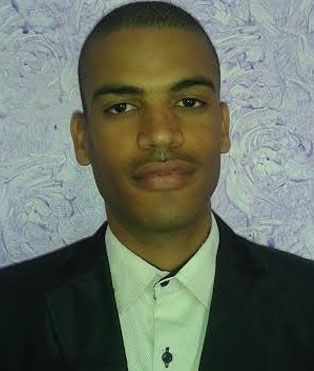[symple_box] ![]() Abdelhak Mezguidi is a former teacher of English at the faculty of science in Meknes, Morocco. Abdelhak holds a master’s degree in Applied Linguistics. [/symple_box]
Abdelhak Mezguidi is a former teacher of English at the faculty of science in Meknes, Morocco. Abdelhak holds a master’s degree in Applied Linguistics. [/symple_box]
People usually confuse what is cultural with what is religious. Religion is one of the main elements that culture consists of as defined in many dictionaries. Indeed they are interrelated to the point that many people get lost trying to understand what is what, failing to see straight in the meantime. In this guise, there are various important factors that lead people to fail to observe the intertwining between culture and religion: Mass media is one of them.
On television, as an example, we are used to watch foreign films translated to Moroccan Arabic. Because most Moroccans have access to TV, it is easy to change and control the awareness of the target audience. TV has a power of persuasion as is possible to pass any ideology through the messages broadcast through it, and very few people can recognize in the meantime how powerful this brainwashing mechanism is. Children do not have the ability to distinguish between what they watch on TV and what exists in the reality. They think that both worlds are the same. Some Moroccan parents, as well, think that TV is the ideal conception of everything, triggering them to take everything they receive from the TV box for granted. No wonder why professional communicators took advantage of this tool to deliver their messages to a large number of people since the dawn of the Technology era.
As far as I am concerned, the lack of knowledge and the high rate of illiteracy in Morocco is a main factor that makes it difficult for Moroccans to differentiate between what is cultural and what is religious. For instance, in his article about “reflections on the differences between religion and culture”, Richard Bonney tried to unveil through a scientific method whether a Burqa was part of a local culture, or is rather a religious requirement. He concluded that the most appropriate term to coin the Burqa is the expression “traditional dress” instead of “proper Islamic apparel,” especially taking into account that devout Muslim women around in the world do not feel obliged to cover themselves entirely.
In my contact with many individuals in different Moroccan cities, I observed some behaviors which have nothing to do with religion. When I asked some individuals about the rationale behind acting irreligiously, they answered with that famous Moroccan expression that I the one hears every time, “That’s the norm”. Again, when I asked them about the background and context that lead them to explain their decision with “That’s the norm,” more explicitly asking them whether that answer emanates from a cultural background or religious one, they kept silent most of the time. This shows clearly how those individuals become puzzled when it comes to distinguishing between what is cultural and what is religious.
As a solution to this, I believe that the Moroccan society should be culturally, religiously and psychologically educated. Knowing about our own culture, including its customs, traditions, language etc. and knowing about our own religion, including what is required, what is forbidden and what is permissible, will provide a solid framework from which the one could easily distinguish between what is cultural and what is religions, which will lead us to easily spot inconsistencies and solve every day’s problems. Through this process, the Moroccan society, on one hand, will be aware and able to distinguish culture from religion, and, on the other hand, will be saved from rampant extremism ideology. This goes without saying that critical thinking is another effective tool that needs to be taught to Moroccan from a young age to help solve the aforementioned problem.



